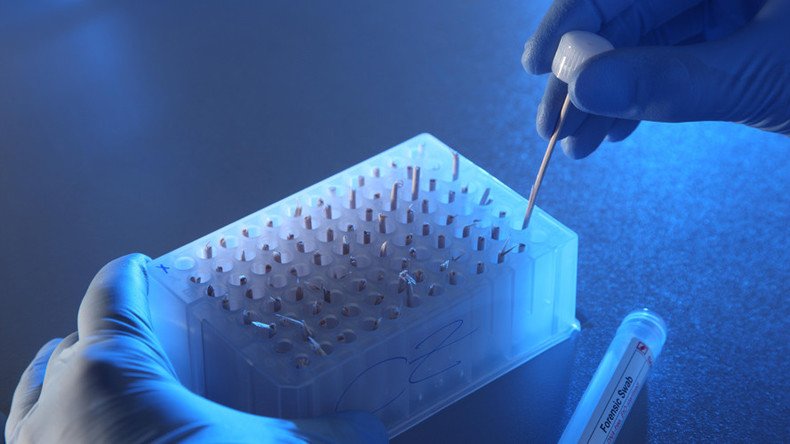Giving ancestry website your DNA could cost you life insurance

Sending a swab of saliva in the post to discover your genetic background sounds simple, but Ancestry.com has come under fire for its terms and conditions, which grants the company “perpetual” license to keep and use your DNA – however way it likes.
The clause is included in the company’s terms and conditions, which also outlines how the information could later result in a customer being denied insurance due to diseases in their DNA – should you fail to opt out of one of its 'informed consent' options.
Submitting DNA to the site gives Ancestry “a perpetual, royalty-free, worldwide, sublicensable, transferable license to host, transfer, process, analyse, distribute, communicate, and display your submission for the purposes of providing Ancestry’s products and services, conducting Ancestry’s research and product development, enhancing Ancestry’s user experience, and making and offering personalised products and services.”
Late boss of Dutch fertility clinic accused of using own seed to father dozens of clients’ kids https://t.co/XWKpwJTS3x
— RT (@RT_com) May 14, 2017
Ancestry is based in the US, but provides DNA testing in more than 30 different countries. The company has more than 4 million DNA profiles in its collection.
“In addition, you understand that by providing any DNA to us, you acquire no rights in any research or commercial products that may be developed by AncestryDNA using your Genetic Information,” the terms state.
Concerns have previously been raised about DNA being used in experimental research, such as cloning.
@va_shiva@SenWarren Oh dear Lord, no! Ancestry could clone her. Disaster.
— KP (@KellyPN77) May 22, 2017
cant wait for the rise of the ancestry com clone army https://t.co/kasvAsX1T2
— codl (@codl) May 21, 2017
Uh, wait...what? I just want to know where my ancestors are from, bruh. Sorry for the future Nelson clone army,... https://t.co/gCGBhvY8uB
— Nelson Fernandez (@NelsonF610) May 23, 2017
@rcoder67@Ancestry Yeah but not your DNA to be accessible by anyone who might want to harm or clone you
— KAYA (@KayaJones) May 20, 2017
The company has promised to safeguard DNA in its informed consent document, but does note that “there is a potential risk that data about you could become public as the result of a security breach.”
“Although we have processes in place designed to prevent a security breach (see the controls described above) and we require our Collaborators and Collaborator Partners to have similar controls, we cannot guarantee a breach will never happen,” the document reads.
According to a report from Oxford law professor Andelka Phillips investigating the "Direct-to-Consumer Genetic Testing Space," it was noted that “insecure storage of genetic data may pose as yet unforeseen risks for consumers.”
“In the future, there may be an incentive for hackers to target genetic databases in order to acquire data than can be used in financial or identity fraud,” Phillips notes.
Gone in 60 seconds: Computer Lyrebird can analyze & clone your voice in just one minute https://t.co/XvRl4pvkDxpic.twitter.com/vib0M48RGF
— RT (@RT_com) April 26, 2017
Speaking to Global News in 2016, Ann Cavoukian of the Privacy and Big Data Institute at Ryerson University said “you have to assume that you’re going to lose control over that information.”
“Your full genetic code is there through that test, so perhaps other information can be gleaned, over which you have no control in terms of who has access to it,” Cavoukian said.
"The language in our T&Cs has been updated to clarify how we have always operated," Ancestry's Brandon Borrman told RT. "What is most important to understand is that Ancestry does not claim ownership of a user's DNA. Anyone who uses our service remains the owner of their data. They can download it at any time, and even delete it from our systems. This is the way it has always been and the new T&C language makes that clearer."












